Are you willing to sponsor?
Are you ready to explore the transformative power of athlete sponsorship for your brand? Click here to learn more about how sponsorship can help brands grow and thrive in the exciting world of motorsports.
By Riccardo Tafà| Posted May 7, 2019 | In MotoGP, Sport Sponsorship, Sports Marketing
Have you recently had the chance to watch a Moto3 or MotoGP race? Did you notice how unpredictable the outcome was? Well, a race is a bit like the lottery. The probability that a given outcome occurs is extremely limited: competitions are as uncertain as drawing some numbers or predicting certain outcomes.
The uncertainty introduced by the high number of competitive motorbikes makes the championship more exciting and potentially offers the opportunity for those interested to arrange complex bets. Are you looking for unlimited betting options? You may go for tennis, where you can even bet on individual games, sets or points, or, if you are thinking about a more diversified betting product, choose MotoGP and bet on how many positions Valentino Rossi will win after the first lap, who will be first on the finish line at the fifth lap, who will win the highest number of positions throughout the race, and, of course, who will be the top three riders on the podium. The list may continue and a variety of scenarios may be created, which are easy to conceive, but difficult to predict, considering the widespread competitiveness among the riders.
Gambling operators are basically anywhere, they have to jostle their own way to buy spaces in the sports disciplines they are mostly involved in, and they have to invest huge amounts of money to exercise strong pressure and be heard in the background noise. A better option may be to turn to equally popular sectors which are less extensively used: greater visibility could be gained with lower investments.
Another factor worth considering is that sponsorships have different times from conventional advertising and exhibiting one’s logo during events where there are many others (up to one hundred, sometimes) may be of low effectiveness as the impact is reduced due to the well-known clutter effect.
In the second case you avoid the risk of standardisation: if competitors’ brands are exhibited immediately after your brand, it is very challenging to pass your message on. How can you stand out if all sector operators do exactly the same thing, showing their brands in sequences of 10, 20 and 30 seconds at the sides of the field? You are just one of many. What about the competitive advantage you were looking for when you partnered with sports? Where has it gone? So, a good strategy is to check in advance whether you are the one and only sponsor of an event or if you are one of a bunch.
The number of spectators following the two wheels is terrific, which makes MotoGP a very fertile – even exploding – soil for bets, as is the case in some Asian countries, for instance.
The answer to this question is widespread competitiveness which makes the championship exciting. Overtaking, duels and uncertainty are the pepper-uppers of this discipline. This criterion may, of course, be applied to any sport. Nobody has fun, gets passionate and is ready to give their precious time for a boring show. And you can bet that nobody is bored when Rossi, Marquez and Dovizioso are on the race track. Watching a Moto3 race may even be more exciting, as the riders furiously compete for victory, one lap after the other, race after race, on the 19 most beautiful race tracks of the championship. Nine months of overtaking, throttling off and unexpected twists which only MotoGP can offer.
If you wish to have more information on MotoGP sponsorships read Sponsorship Activation and please contact us at our email address: info@rtrsports.com.
Are you ready to explore the transformative power of athlete sponsorship for your brand? Click here to learn more about how sponsorship can help brands grow and thrive in the exciting world of motorsports.

Managing Director for RTR Sports, Riccardo graduated in law at the University of Bologna. He began his career in London in PR, then started working in two and four-wheelers. A brief move to Monaco followed before returning to Italy. There he founded RTR, first a consulting firm and then a sports marketing company which, eventually, he moved back to London.
The online platform where you can discover the latest trends, strategies and insights from the exciting world of sports marketing.
View our blog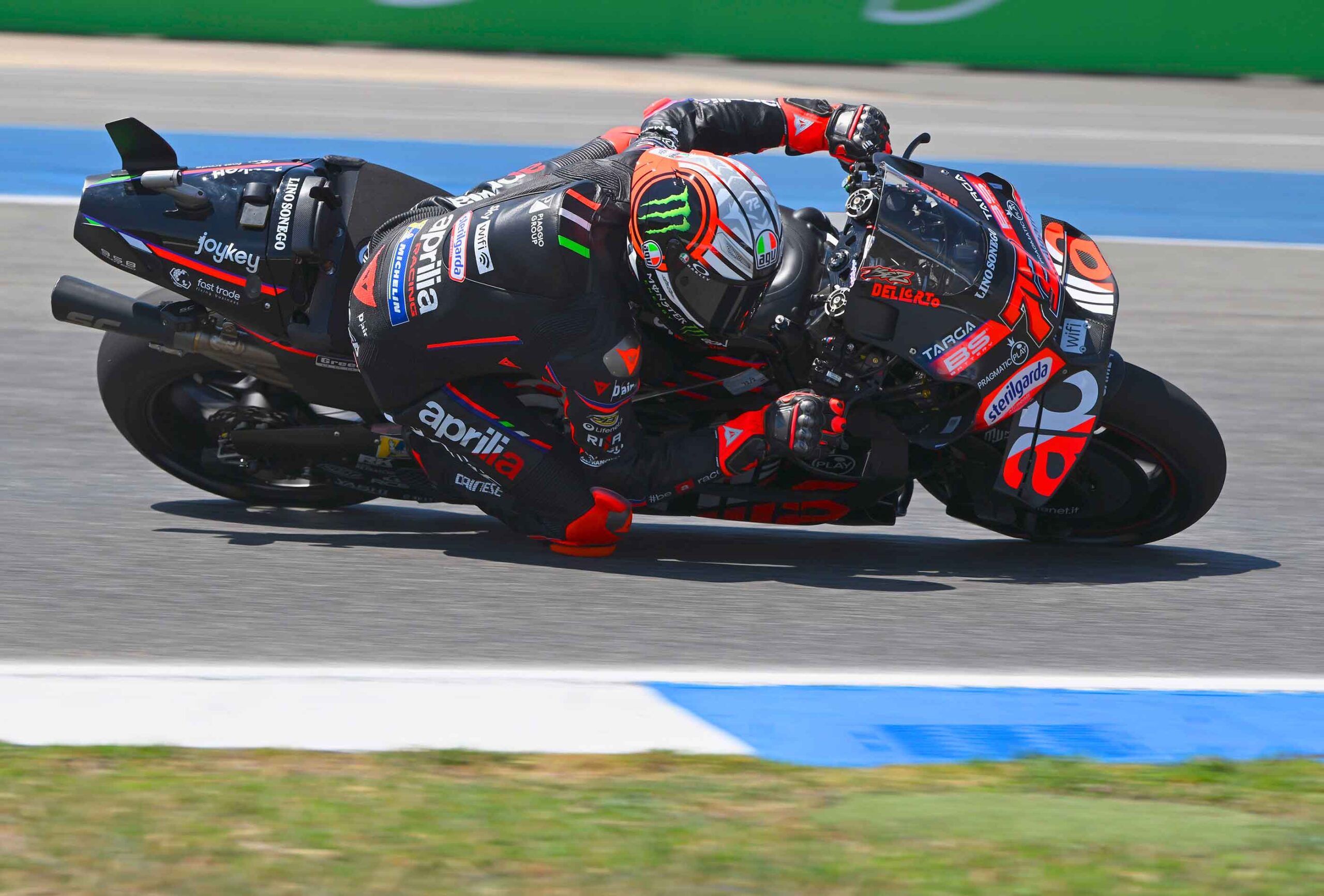
June 17, 2025
Starting in 2027, MotoGP is preparing for a momentous change that will redefine the face of motorcycling’s premier class. The new technical rules, announced by the Grand Prix Commission[...]
Read More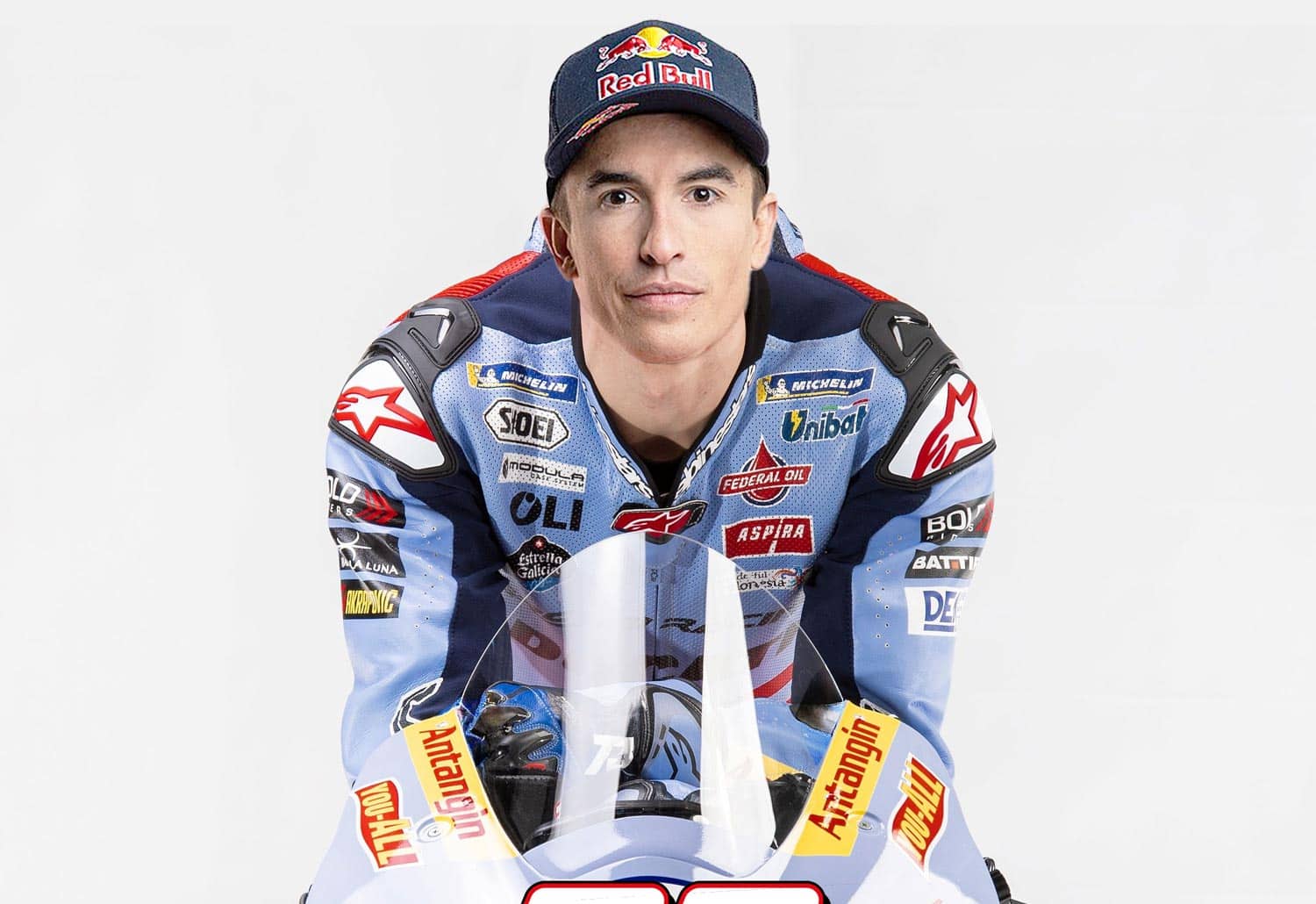
June 11, 2025
After 11 years, Marc Marquez is leaving Honda HRC to join Team Gresini. This was announced in a laconic press release, without signatures or photos, by the same House with the Wing. The same [...]
Read More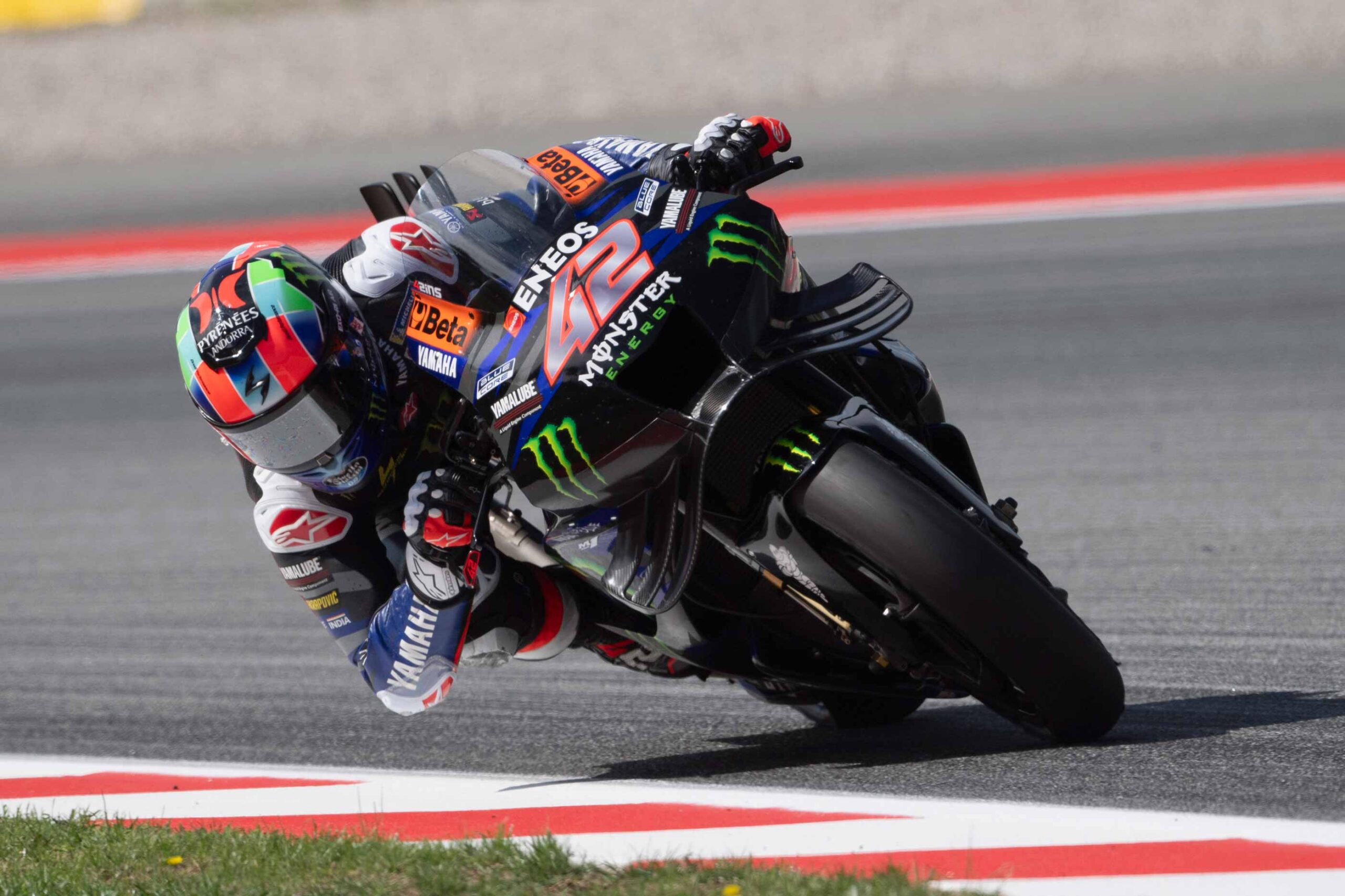
May 6, 2025
In the world of motorsport sponsorship, speed and performance have traditionally reigned supreme. However, a new race is underway, one towards sustainability. Both Formula 1 and MotoGP are st[...]
Read MoreIn an era where it is possible to get anywhere with a click, there is a strong temptation to approach teams and properties directly for sponsorship projects.
By doing so, we are convinced that we are shortening the value chain, saving time and money. However, these DYI methods are anything but risk-free and what initially appears to be a competitive advantage soon turns into a problem that is difficult to resolve. That’s why there are agencies. And this is why you should rely on us for your sponsorships.
When first approaching a sponsorship or sports marketing project, it is difficult to know immediately which stakeholders are correct, what the decision flow is, and what the right timelines are for each process. Sports is a very specialized field of action, and fitting effectively into its paths can take a lot of time and therefore money. We, on the other hand, know referents and spheres of action and know who to talk to, when and how. So you are also more effective.
Sports is an immense passion, and for our heart colors we would be willing to do anything. But business is a different business, and it is important to make the best possible strategic decisions based on independent research, statistics and reliable data. A sports marketing and sports sponsorship agency like RTR has an objective, 360-degree picture of the scenario and can tell you what is really best for you: which sport, which athlete, which team. This is because we possess a great deal of data and information on ratings, segmentation and attitudes. Because the numbers don’t lie. Never.
Activations are the real heart of sports sponsorship. Without them, there remains only a blank sticker on a motorcycle, car or uniform and no contact with the public, no emotional connection, no impact on the bottom line. Then how do you do it? It certainly won’t be the teams or the athletes who will help you leverage sponsorship and enjoy the many marketing rights you have paid for. To bring out the best in a sports marketing project you need an agency that knows how to use sponsorship to engage the fanbase on the Web, to reach out to Shopping Centers, to organize hospitality, to develop B2B and B2C opportunities, and to get “your” athletes in front of millions of potential consumers.
Would you ever go to the dealer who sold you the car and ask if the competitor’s car is better? No, of course. So, how do you expect to get firm measurements of the effectiveness of your sponsorship if you do not rely on someone super partes? At RTR, we have always worked with independent third-party agencies that allow us to know the return on any exposure of your brand on TV and in the media. In addition, we believe in calculating ROI as the ultimate measure of your success-so we can tell you for every penny you spend how much you are making.
We have been involved in sports sponsorship and sports marketing for more than 15 years. We are consultants in the sense that our goal is to maximize your investment, but we are also an agency that manages the project from start to finish. We have been doing this since 1995 with passion and professionalism, following three principles that have become cornerstones of our business: independence, verticality and transparency.
I would like to highlight the fact that one of the qualities of RTR is its great ability to approach the sponsorship scenario strategically, together with its passionate attitude, its amazing enthusiasm for solving problems, and its high level of professionalism.
Gianluca Degliesposti
Executive Director Server&Storage EMEA
Eurosport is truly delighted with its business relationship with Riccardo Tafà, who has become extremely popular, thanks to his detailed knowledge of the sports marketing sector and his highly diligent attitude to work.
Francois Ribeiro
Commercial Director
Passion and Expertise are the features that I have found in RTR since the very beginning. Serious and reliable professionals but also very helpful, nice and open-mind people, willing to listen and compare different ideas. All the values in which RTR believes make this agency a partner, not just a supplier, a partner with whom we have had the opportunity to achieve significant commercial results in term of success and image.
Luca Pacitto
Head of Communication
We have been working with RTR Sports Marketing for over 10 years. The objectives and the programmes of collaboration continue to be renewed and to grow with mutual satisfaction. I believe RTR is a team of great professionals led by Riccardo Tafà, who I consider a manager of exceptional skills and with a great passion for his work.
Lucio Cecchinello
Team Principal
I have known and worked with Riccardo Tafà since 1995 when we collaborated for the first time on a project for the Williams Formula 1 team. Several clients followed. After leaving Williams to work for Gerhard Berger then owner of the Toro Rosso F1 Team, I turned again to Riccardo to seek his help in finding a tool supplier for the team and Riccardo duly obliged with an introduction to USAG, a partnership with Toro Rosso which endured for five years. I recently started a new role as Group Commercial Director for the renowned Andretti Autosport organisation and I find myself working with Riccardo once again on a number of interesting projects. Why has this relationship with Riccardo endured ? He’s smart, knows the commercial side of sport inside out and back to front and he’s honest and trustworthy. Riccardo Tafà is a “doer” not a “talker”: in over 20 years I have never had a dispute either with him or with a company that he has introduced and each partnership introduced by Riccardo has delivered quantifiable ROI to rights holder and sponsor alike. I can think of no better testimonial of Riccardo’s diligence, knowledge, contact base and hard work than that.
Jim Wright
Group Commercial Director
The online platform where you can discover the latest trends, strategies and insights from the exciting world of sports marketing.
View our blog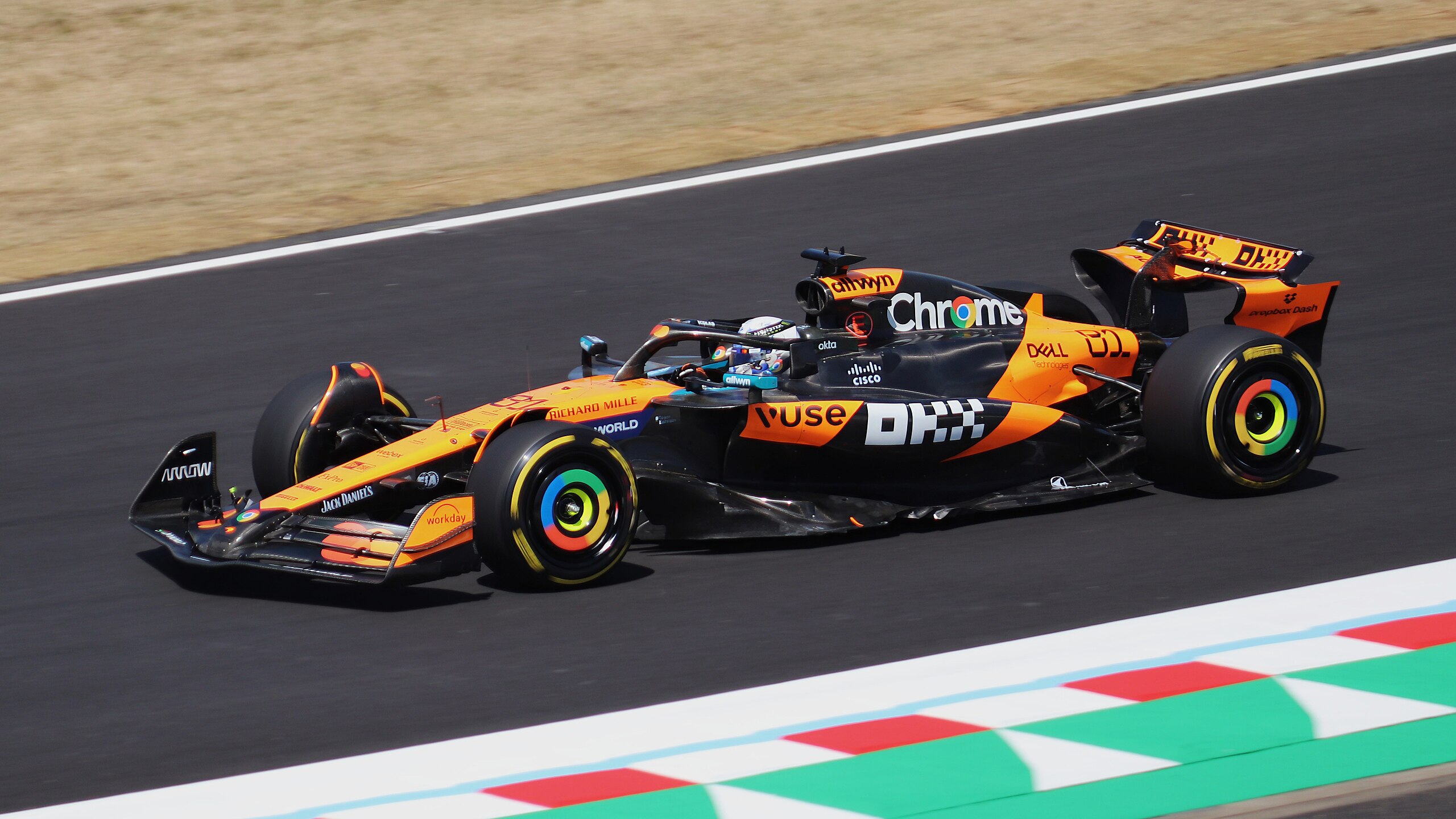
July 1, 2025
In the complex and exciting world of Formula 1, performance no longer belongs exclusively to wind tunnels and race strategies. It also unfolds in boardrooms, brand labs, and experiential mark[...]
Read More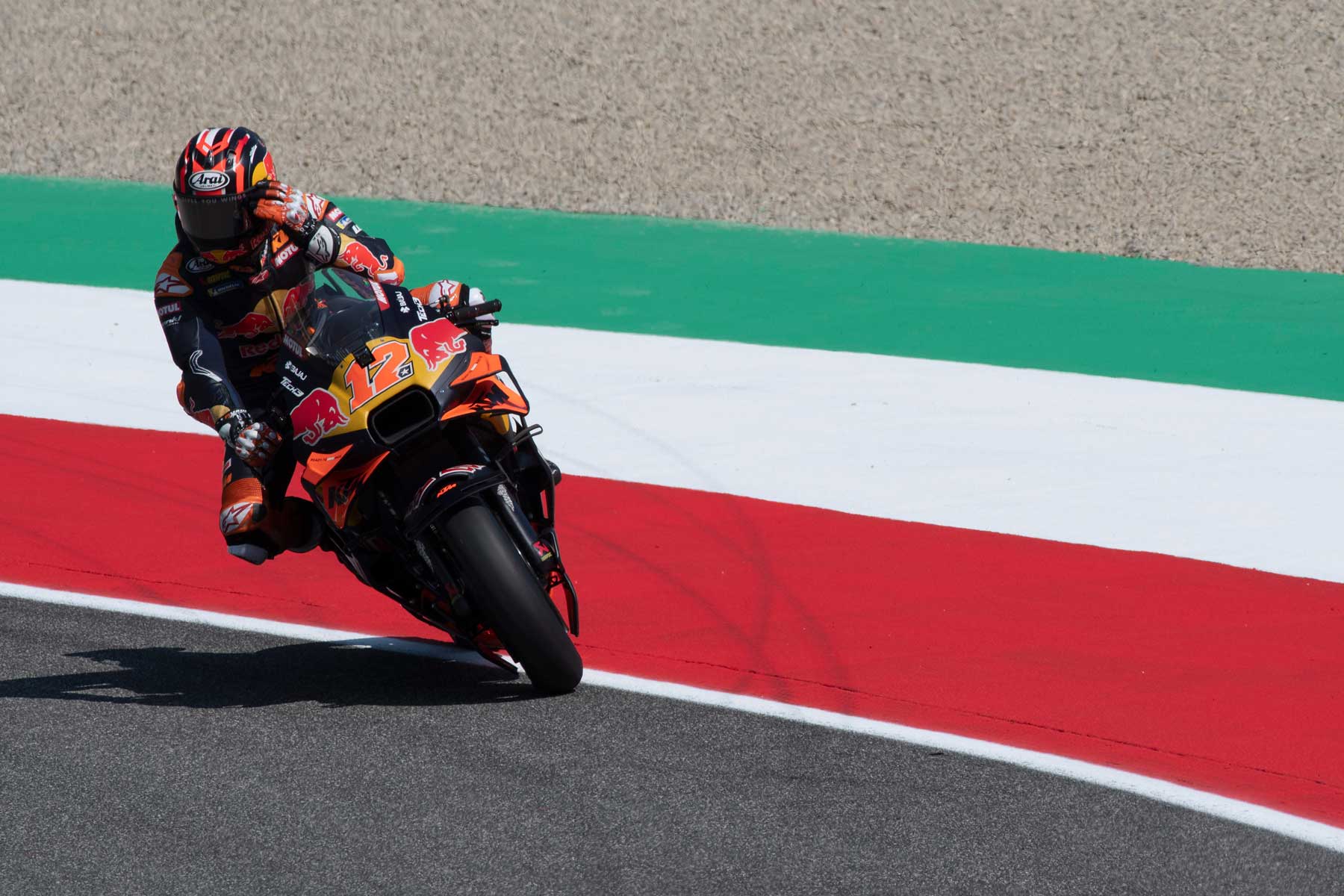
June 26, 2025
The European Commission has provided Liberty Media Corporation with unconditional approval to complete the acquisition of the MotoGP World Championship. The process of annexing the top motorc[...]
Read More
June 18, 2025
When you think of sports, what comes to mind? For many, the answer is sports marketing management. We see Super Bowl or Olympic commercials and it seems like every other product is marketed t[...]
Read More